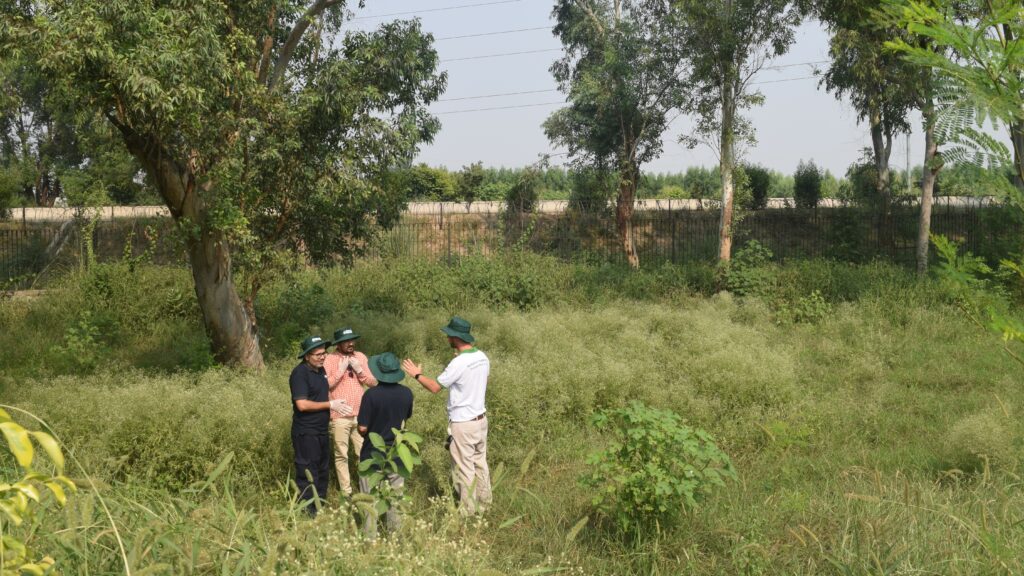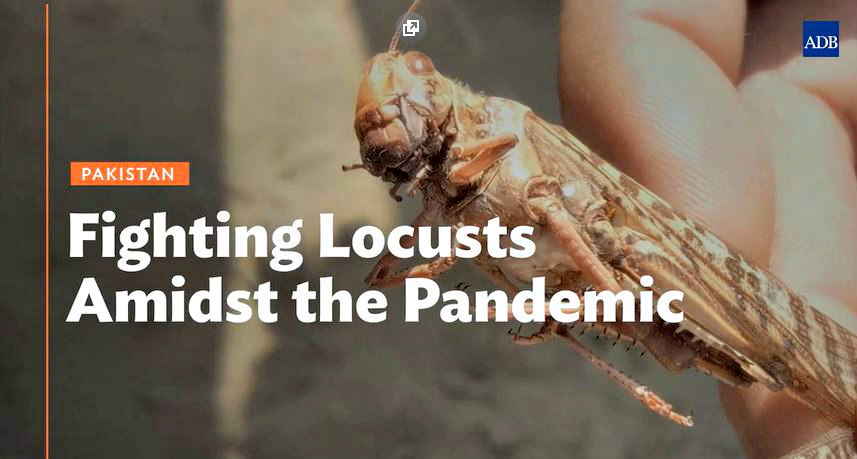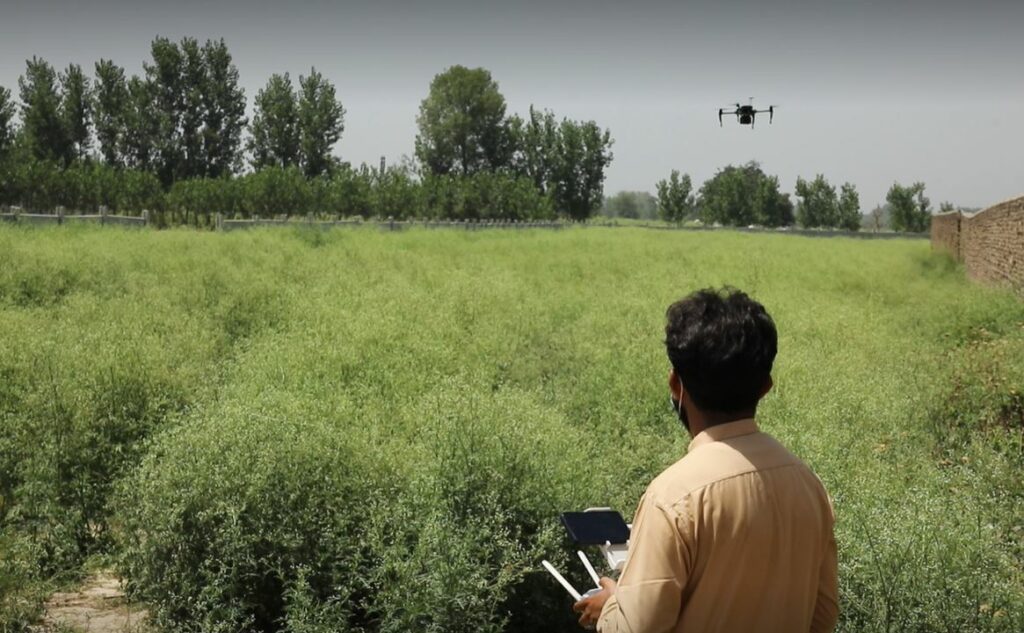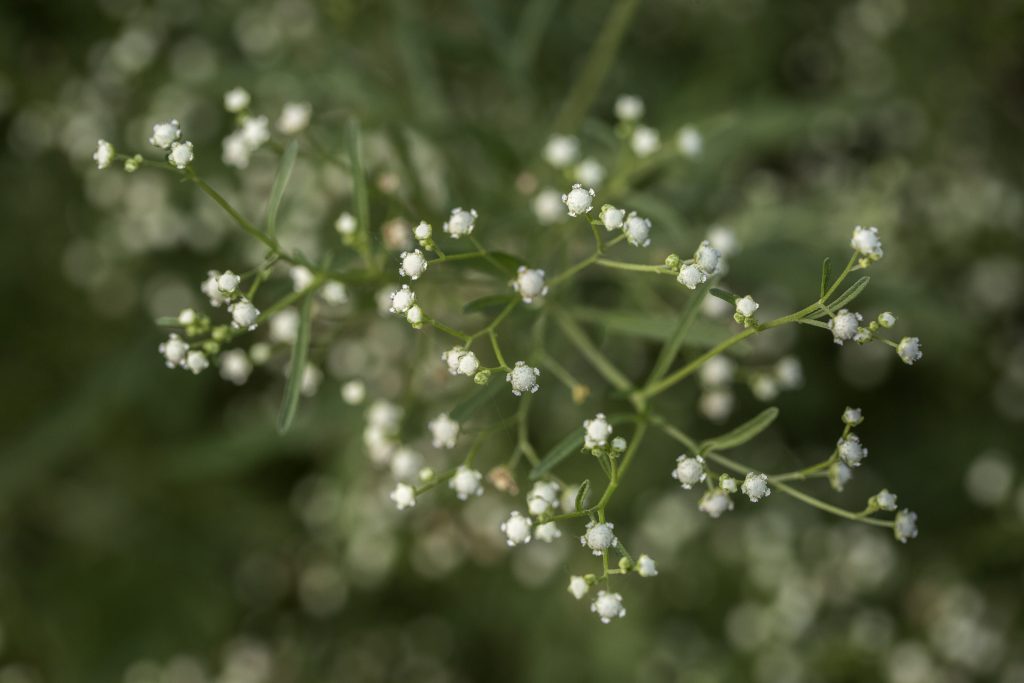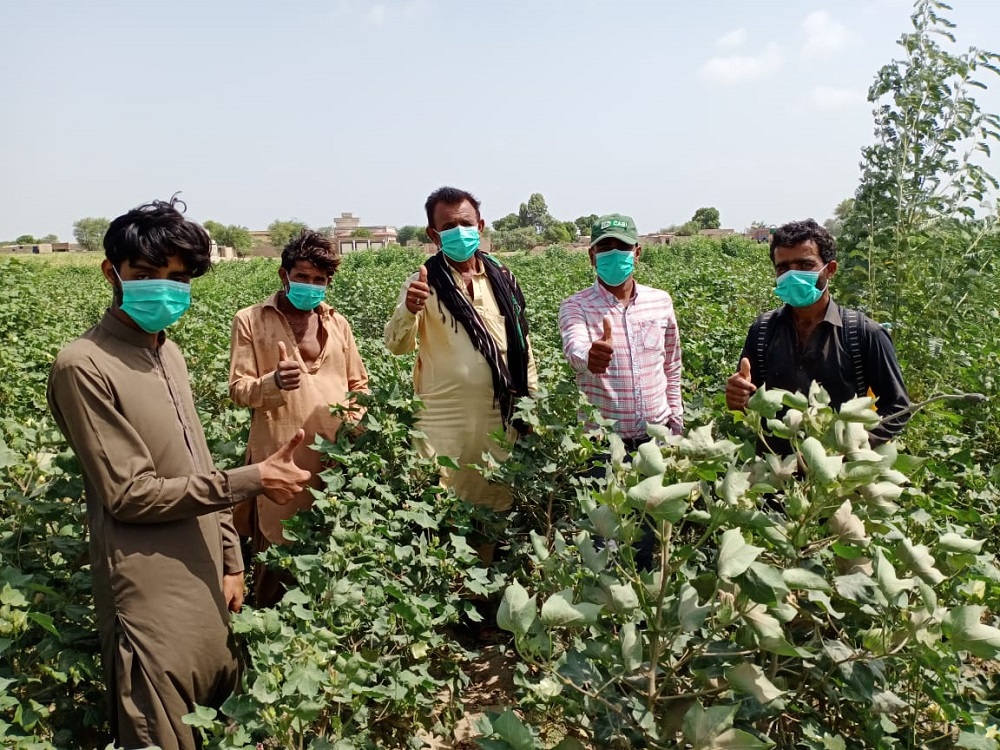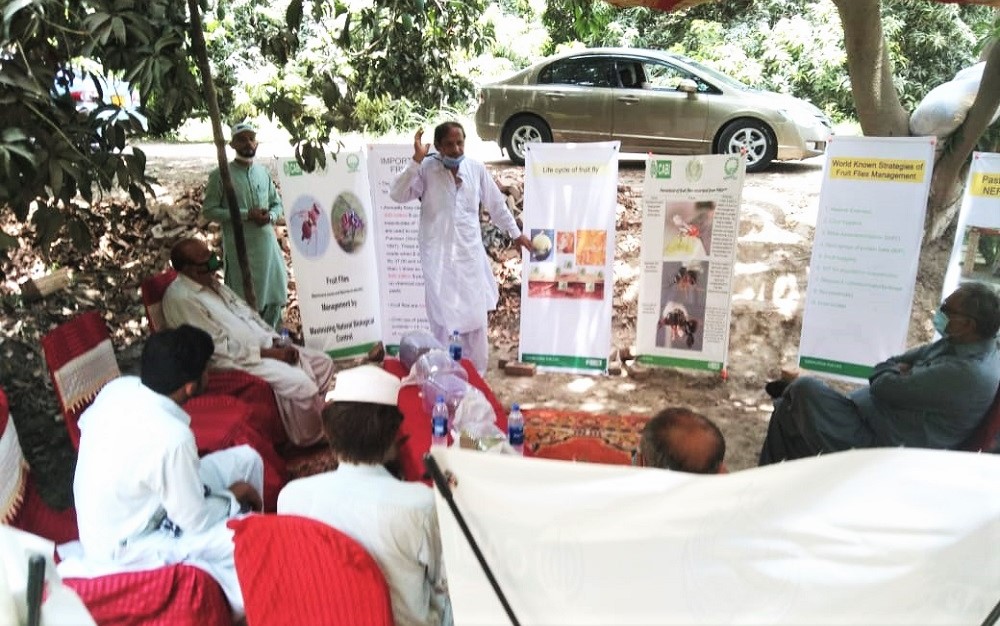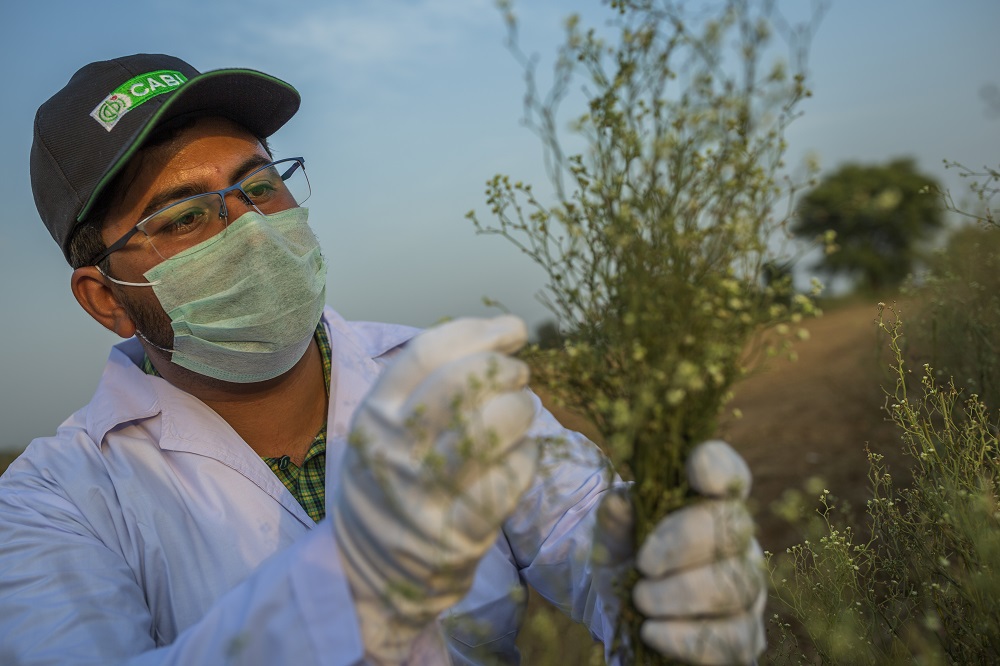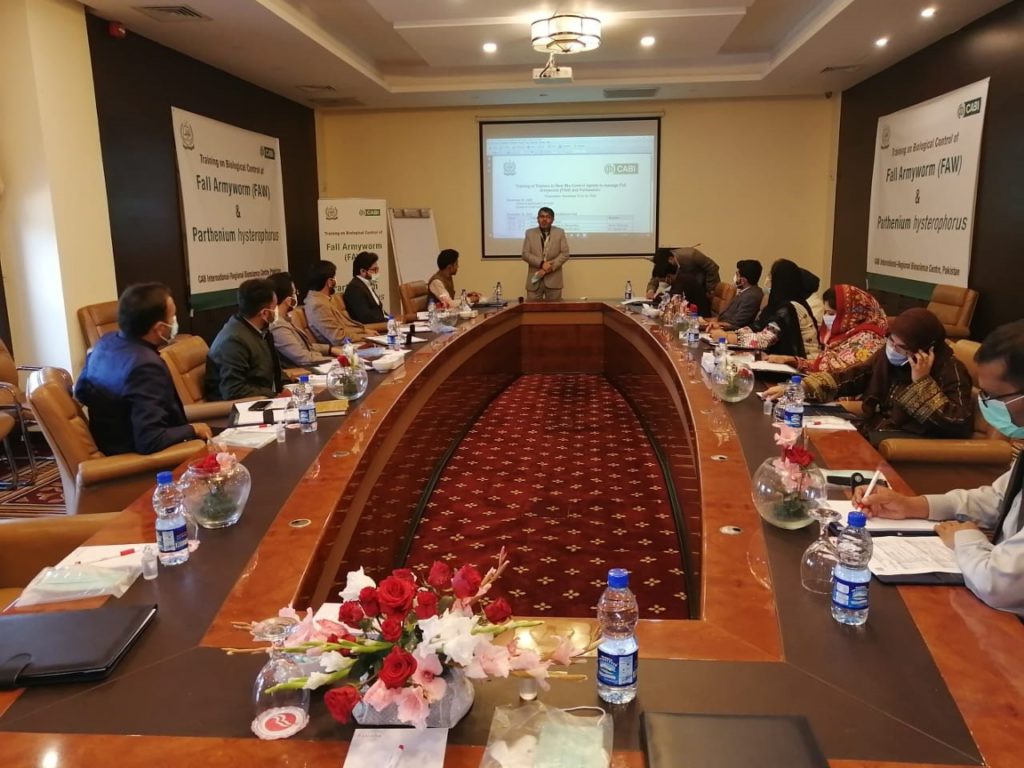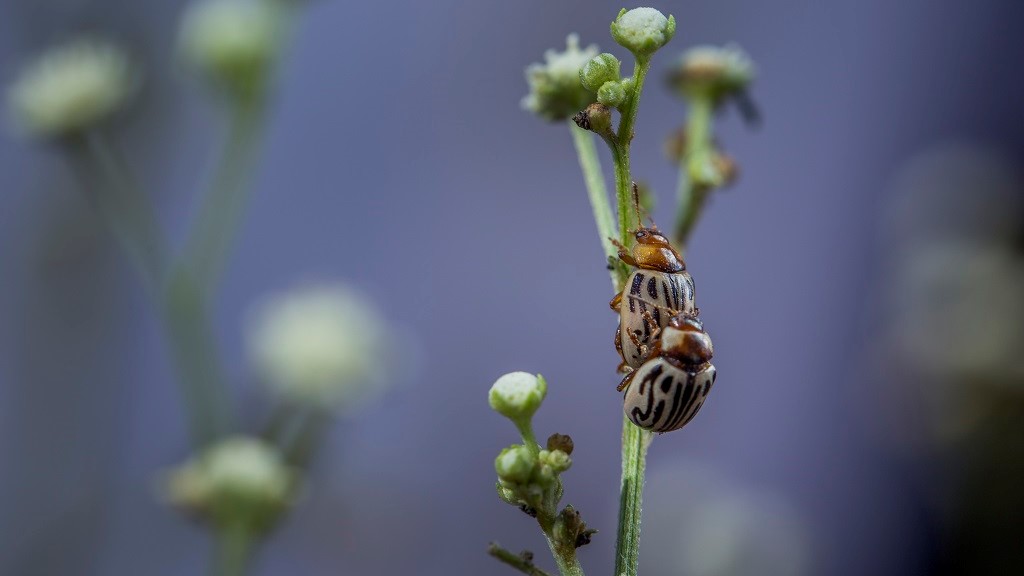Invasives Blog
Tag: Pakistan
You are here: Invasives Blog
CABI-led study suggests women in Pakistan need greater access to information on parthenium weed
June 27, 2025
Wayne Coles
No Comments
Can beneficial insects control parthenium weed in Pakistan to safeguard crops?
December 6, 2022
Donna Hutchinson
1 comment
ADB Story highlights fight against desert locusts
October 26, 2022
Wayne Coles
No Comments
Remote sensing of highly invasive Parthenium weed in Pakistan
July 13, 2022
Laura Hollis
1 comment
First parthenium biocontrol agent approved for release in Pakistan
December 10, 2021
Laura Hollis
No Comments
Saying “no” to harmful chemicals in cotton crop production
November 17, 2021
Hameem Mustafa, Noor Nabi Bhutto, Umair Asghar Solangi
2 comments
Spotlight on farmers’ training programme and release of fruit fly parasitoids in Pakistan
September 27, 2021
Abdul Aziz, Ashfaque Ali Dhaunroo, Babar Zaman, Riaz Mahmood
No Comments
CABI to take part in Feed the Future’s webinar on Biocontrol of Parthenium
March 18, 2021
Wayne Coles
No Comments
CABI trains provincial agriculture departments on biocontrol agents of fall armyworm and parthenium in Pakistan
December 22, 2020
Abdul Rehman, Kazam Ali, Umair Safdar
No Comments
Establishing parthenium leaf beetle (Zygogramma bicolorata) at new sites in Pakistan
October 28, 2020
Abdul Rehman, Kazam Ali
1 comment
Subscribe
Find out more
For more information about CABI's work on invasive species, please visit www.invasive-species.org
Contribute
If you are active in the field of invasive species or development and would like to contribute to the Invasives Blog, please contact Donna Hutchinson. We are happy to post credible articles that we think would be of interest to our readership.
Views expressed in contributions do not necessarily reflect official CABI positions.
Archives
Categories
- Agriculture and International Development
- Veterinary and Animal Sciences
- Climate change and biodiversity
- Environmental Sciences
- Invasive species
- Plant Sciences
- Crop health
- Development communication and extension
- Digital development
- Economic development
- Food and nutrition security
- Gender and youth
- Publishing
- Value chains and trade


